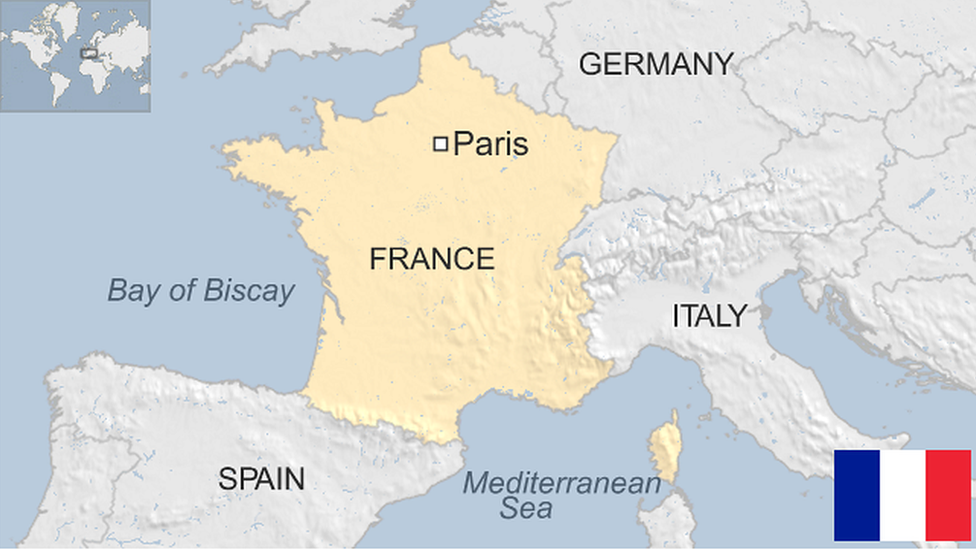Belgium country profile
- Published
This page is no longer being updated. It was last updated on 21 August 2023
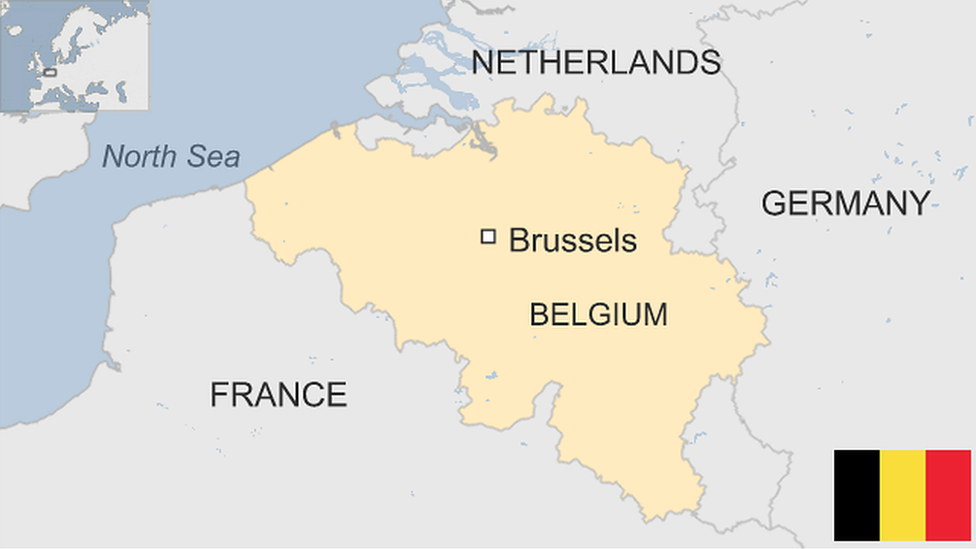
For such a small country, Belgium has been a major European battleground over the centuries.
Occupied by Germany during both world wars, it experienced an economic boom in the post-war years to become a model Western European liberal democracy.
However, there has also been a growing divide between the mainly Dutch-speaking north and the mainly French-speaking south, as well as concerns about the growth of Islamic extremism among immigrant communities in the capital, Brussels.
Brussels is the headquarters of the European Union and the North Atlantic Treaty Organisation (Nato), making it the polyglot home of an army of international diplomats and civil servants.
See more country profiles, external - Profiles by BBC Monitoring, external
KINGDOM OF BELGIUM: FACTS
Capital: Brussels
Area: 30,528 sq km
Population: 11.5 million
Languages: Dutch, French, German
Life expectancy: 79 years (men) 84 years (women)
LEADERS
Head of state: King Philippe
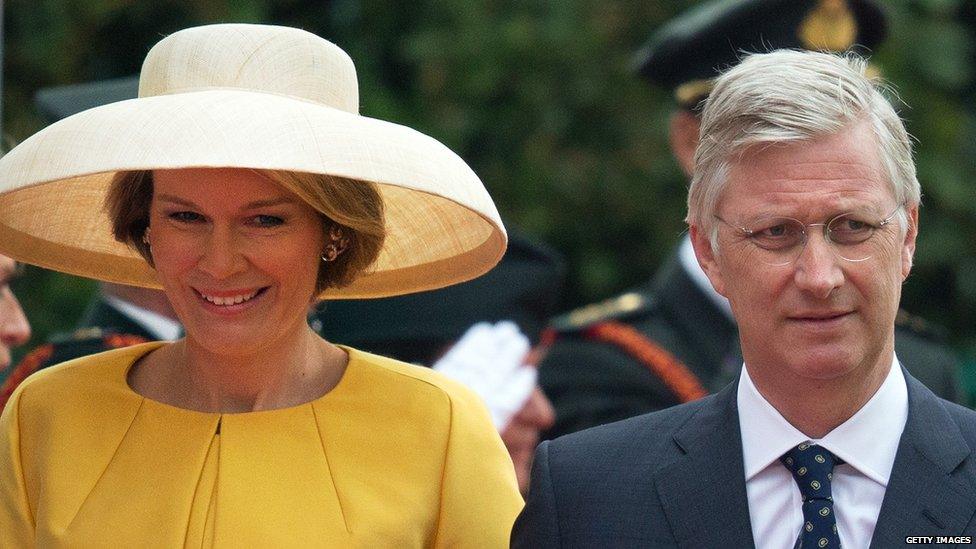
King Philippe succeeded to the throne in July 2013 on the abdication of his father, Albert II, who stepped down on health grounds.
Respect for the monarchy is one of the few factors that crosses the communal divide in Belgium, and King Albert exercised his constitutional authority in advising political leaders on the formation of a government during the 2010-2011 parliamentary stalemate.
Prime minister: Alexander De Croo
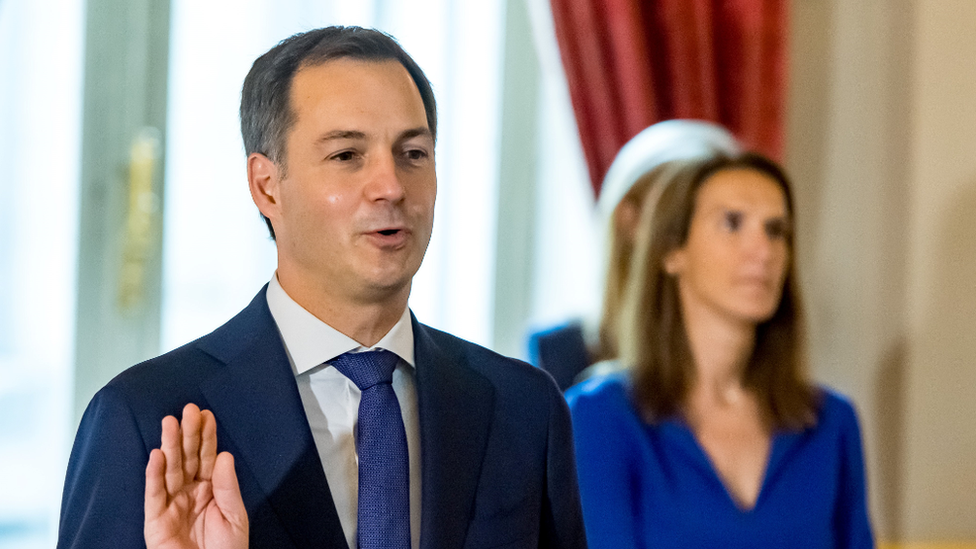
Finance Minister De Croo took over in October 2020 from an interim government led by Sophie Wilmès, who later served as foreign minister.
Mr De Croo, a liberal Flemish politician, has been a deputy prime minister with various responsibilities since 2012. He heads a seven-party coalition of liberals, socialists, greens and Christian democrats.
MEDIA

Belgian broadcasting mirrors the unique political and linguistic nature of the country. The cultural communities, rather than the federal authorities, are responsible for regulating radio and TV.
TIMELINE
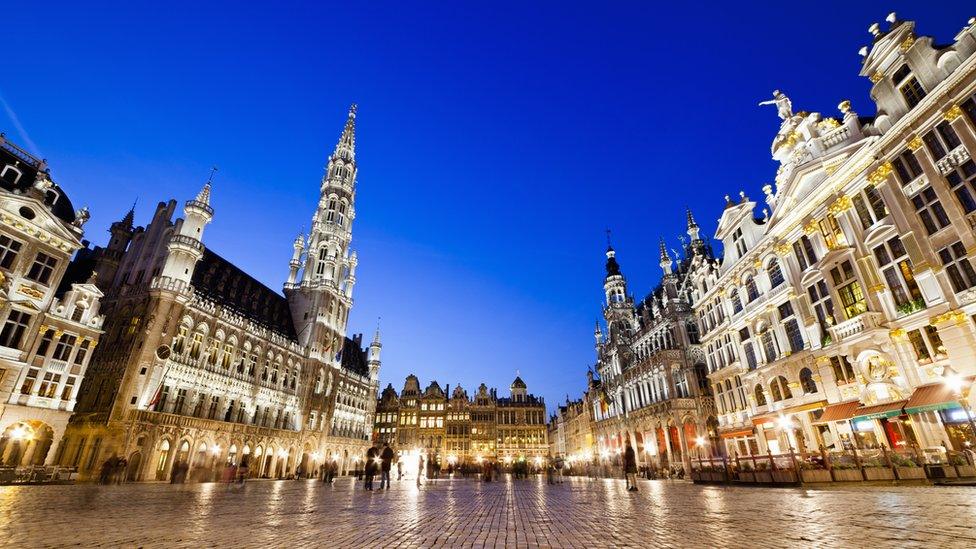
The Grand Place or Grote Markt in Brussels is the capital's most visited landmark
Some key dates in Belgium's history:
1830 - Declaration of independence from Netherlands.
1914-18 World War One: Germany invades and conquers majority of the country, the Belgian army withdraws and holds its position behind Yser river until 1918.
1920 - Belgium abandons neutrality and signs military alliance with France.
1930 - Flanders and Wallonia legally become unilingual regions.
1940 - World War Two. Germany invades Belgium and Holland. Belgian government evacuates to London. King Leopold surrenders to German forces.
1944 - Allied forces liberate Belgium.
1948 - Belgium, Netherlands and Luxembourg form Benelux Customs Union to promote free movement of workers, goods and services in the region.
1949 - Belgium is a founder member of Nato.
1950 - Belgian electorate votes for Leopold's return, but after strikes and riots Leopold appoints eldest son, Prince Baudouin, to temporarily rule in his place.
1951 - Baudouin officially assumes kingship.
1951 - Belgium becomes one of the founding members of the European Coal and Steel Community
1957 - Belgium signs Treaty of Rome as one of the six founders of the European Economic Community (EEC), now the European Union.
1960 - Belgian government grants independence to the Congo - now Democratic Republic of Congo.
1962 - Independence for Ruanda-Urundi - now Rwanda and Burundi.
1992 - Belgium ratifies Maastricht Treaty on European union.
1993 - Constitution changed to recognise division of country into three administrative regions: Flanders, Wallonia and Brussels.
King Baudouin dies, succeeded by his brother, Albert II.
1996 - Arrest of Marc Dutroux on suspicion of child murder and rape leads to mass protests at perceived police inefficiency in handling the case.
2002 - Euro replaces Belgian franc.
2003 - Legislation commits Belgium to closing its seven nuclear reactors by 2025 and banning building of new ones. Government pledges to invest in renewable energy sources and gas.
2004 - Child killer Marc Dutroux sentenced to life for rape and murder of several young girls. His conviction comes eight years after his arrest and follows complex investigations.
High court rules far-right Vlaams Blok racist and strips it of funding and TV access rights, forcing it to disband. Party re-established under new name, Vlaams Belang (Flemish Interest).
2007 - Belgium without a government for 100 days.
2008 - Amid a worsening global financial crisis, Fortis financial group holdings in Belgium and Luxembourg is rescued by French bank BNP Paribas, which buys 75% of the group, creating one of Europe's biggest savings banks.
2010 - Belgium's Catholic Church is rocked by an official inquiry's finding that widespread sexual abuse of children by priests took place over decades.
2013 - King Albert II abdicates in favour of his son Philippe.
2015 - Two suspected Islamist militants are shot dead by police during an operation to dismantle a jihadist cell in the eastern town of Verviers.
2016 - Islamic State suicide bombers attack Brussels' Zaventem airport and Maalbeek metro station. Thirty-two people are killed and more than 300 injured.
2021 - Devastating floods hit parts of western Europe. Over 100 die in Germany and 22 in Belgium.
2023 - Brussels court finds six men guilty of terrorist murder, more than seven years after the suicide bomb attacks.
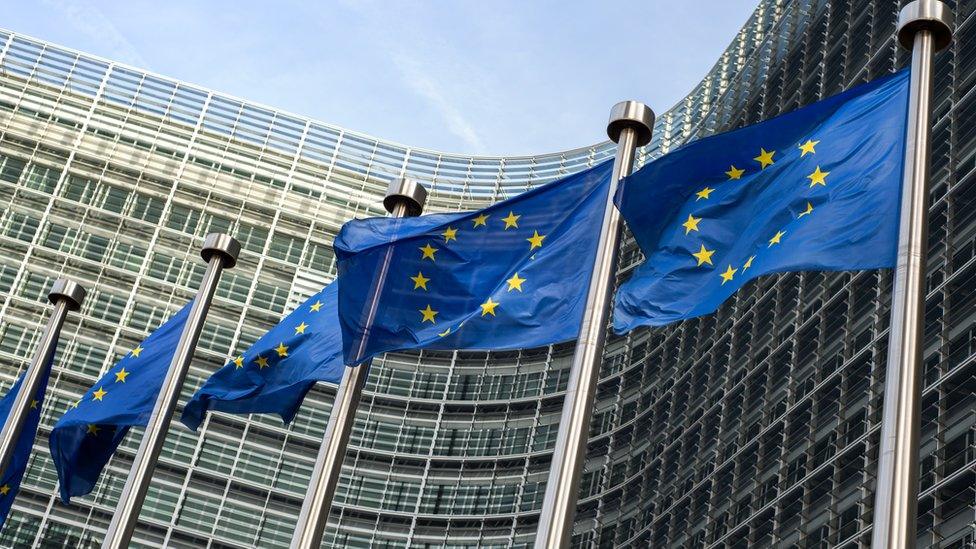
The EU's Berlaymont building in Brussels: Belgium is home to several EU institutions and buildings
- Published9 July 2024
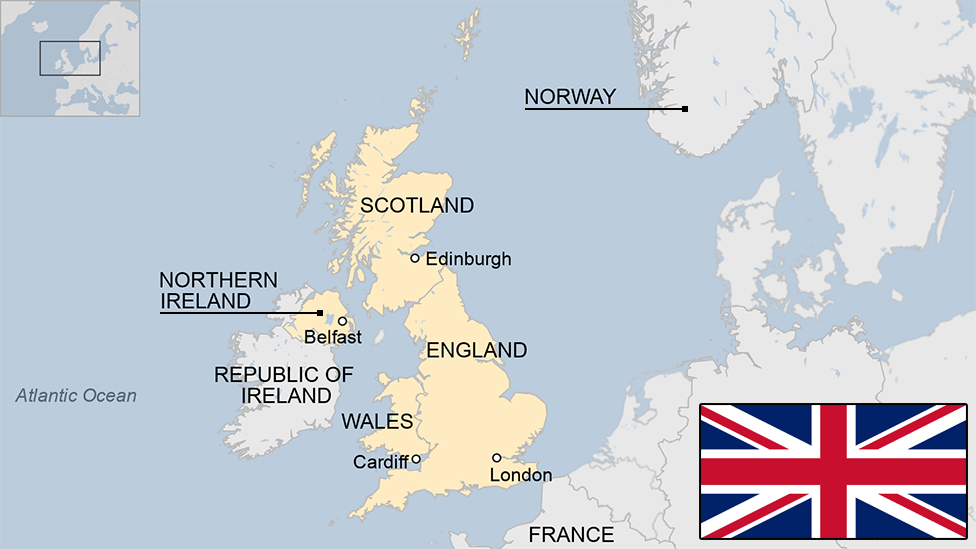
- Published2 July 2024
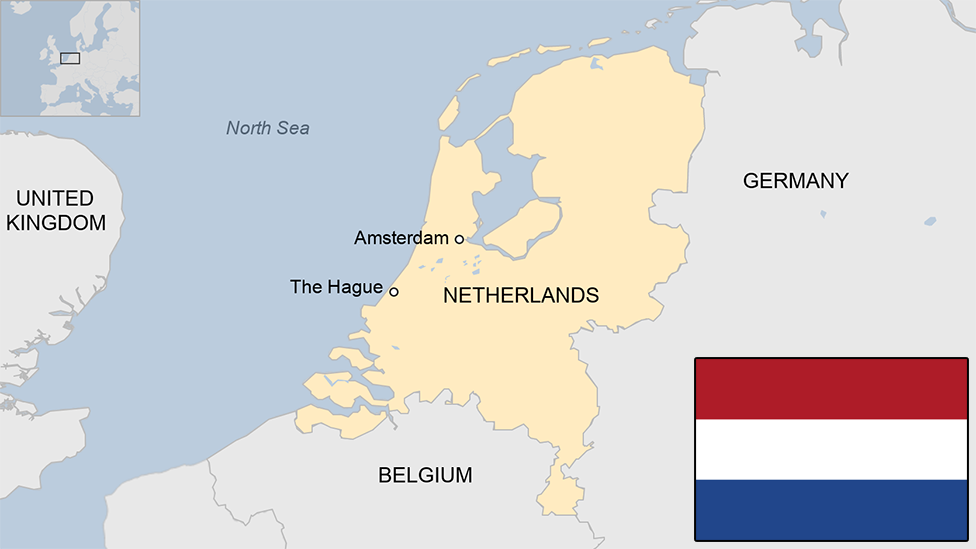
- Published8 January
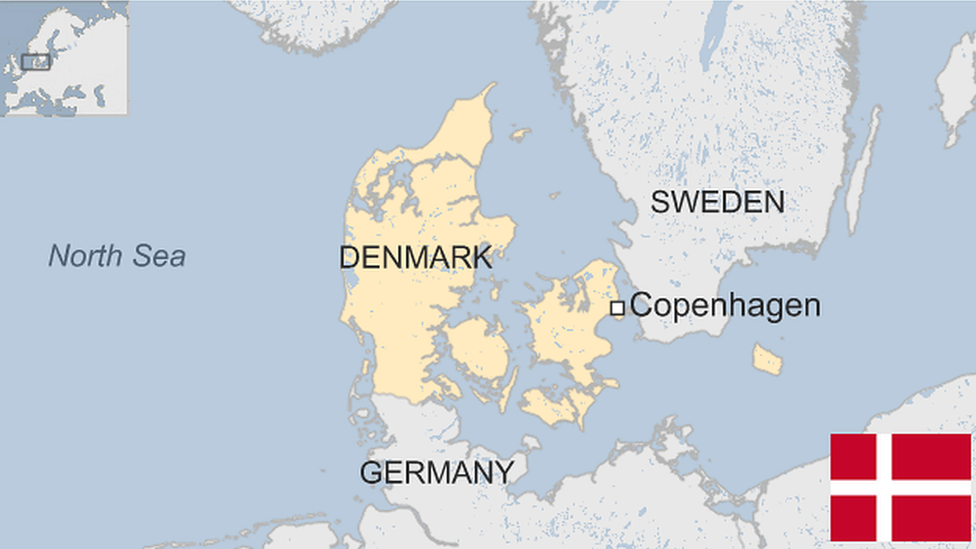
- Published4 September 2023
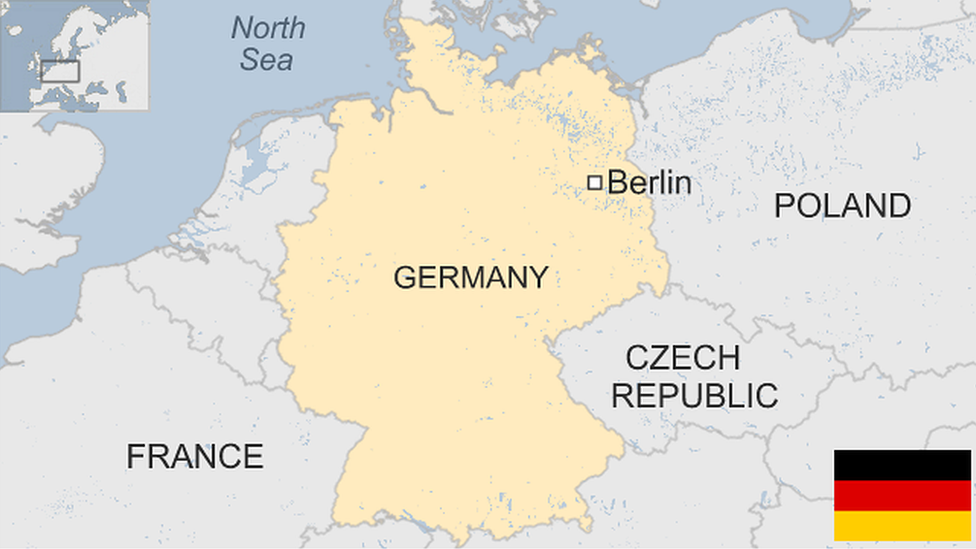
- Published20 November 2023
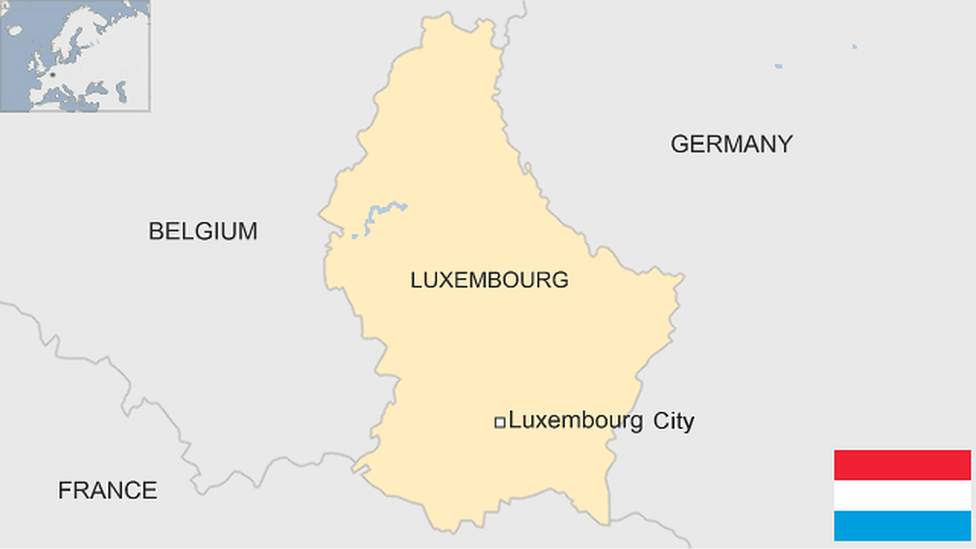
- Published9 January 2024
